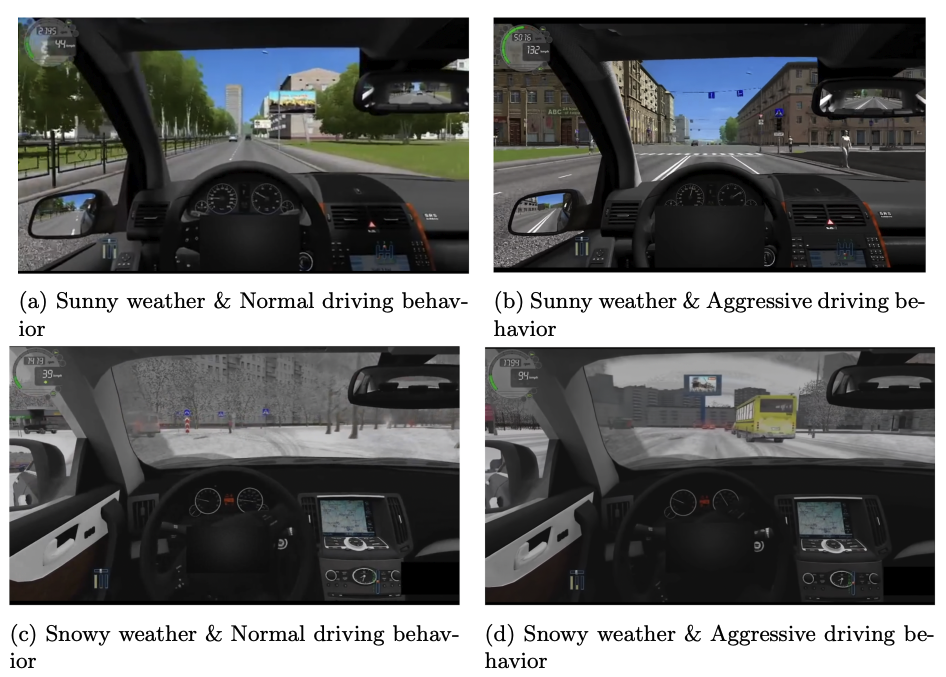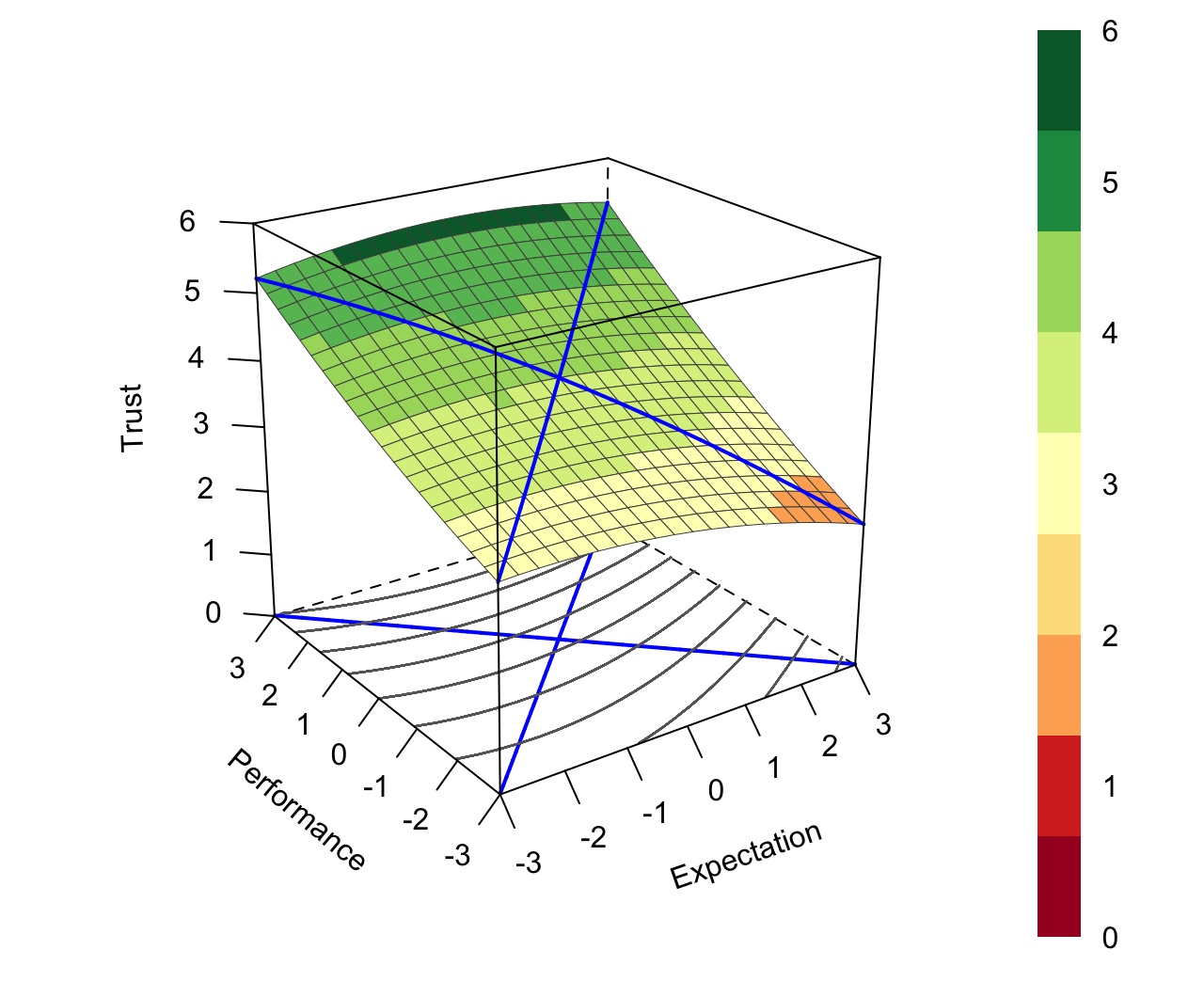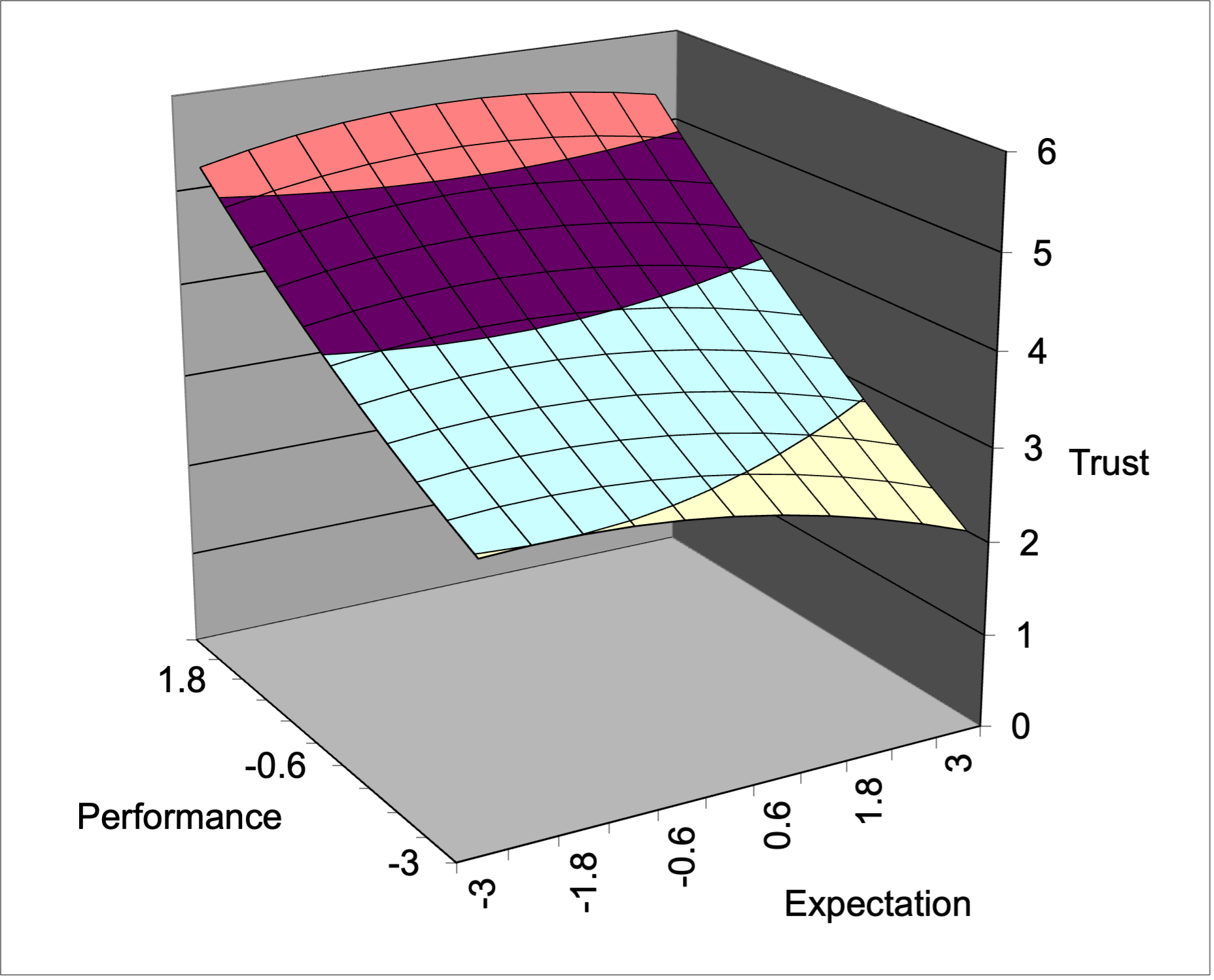Project 4
Expectation and Trust in Automated Vehicles
This research explores the factors influencing user expectations and trust in Automated Vehicles (AVs), both crucial for the acceptance and adoption of these transformative technologies. AVs have the potential to revolutionize transportation by enhancing safety, efficiency, and convenience, generating widespread interest. However, persistent apprehensions about AV safety, performance, and reliability create barriers to their widespread acceptance and utilization. This suggests a gap between the theoretical advantages of AVs and public perceptions.
To address this discrepancy and accelerate AV adoption, this research undertakes a comprehensive investigation into the factors shaping public perceptions, focusing specifically on the formation of expectations and trust. Our study revolves around two core research questions:
- What individual factors shape people’s expectations of AVs?
- How do these expectations impact their trust in AVs?
We conducted an online survey with 443 participants representing the U.S. driver population. Participants were presented with four scenarios: 1) sunny weather and normal driving behavior; 2) sunny weather and aggressive driving behavior; 3) snowy weather and normal driving behavior; 4) snowy weather and aggressive driving behavior.

Using polynomial regression and response surface methodology, our findings highlight two major insights. First, individual characteristics, including demographic factors such as age, gender, and ethnicity, along with personality traits (e.g., extraversion, agreeableness, conscientiousness), significantly shape people’s preconceived expectations of AVs. Second, expectations significantly influence the level of trust in AVs, affected by the disconfirmation effect.


This research explores expectations and trust, offering important insights that will guide the future development and use of AVs. By understanding how people form expectations and trust, this study helps ensure that AVs meet user needs and gain acceptance, paving the way for a new era in transportation.
Publication
- Zhang, Q., Yang, X. J., & Robert Jr, L. P. (2022). Individual differences and expectations of automated vehicles. International Journal of Human–Computer Interaction, 38(9), 825-836.
- Zhang, Q., Yang, X. J., & Robert, L. P. (2020, April). Expectations and trust in automated vehicles. In Extended Abstracts of the 2020 CHI Conference on Human Factors in Computing Systems (pp. 1-9).